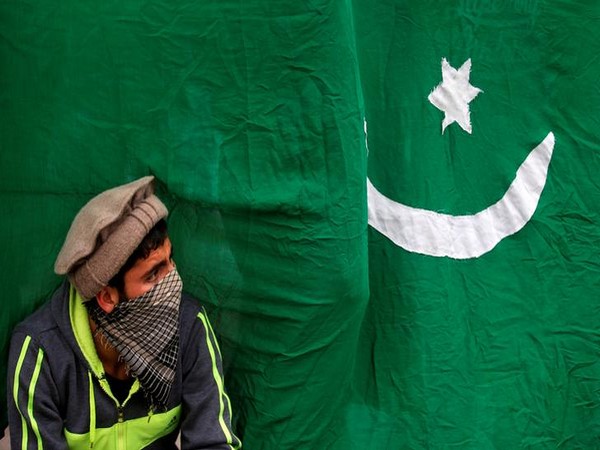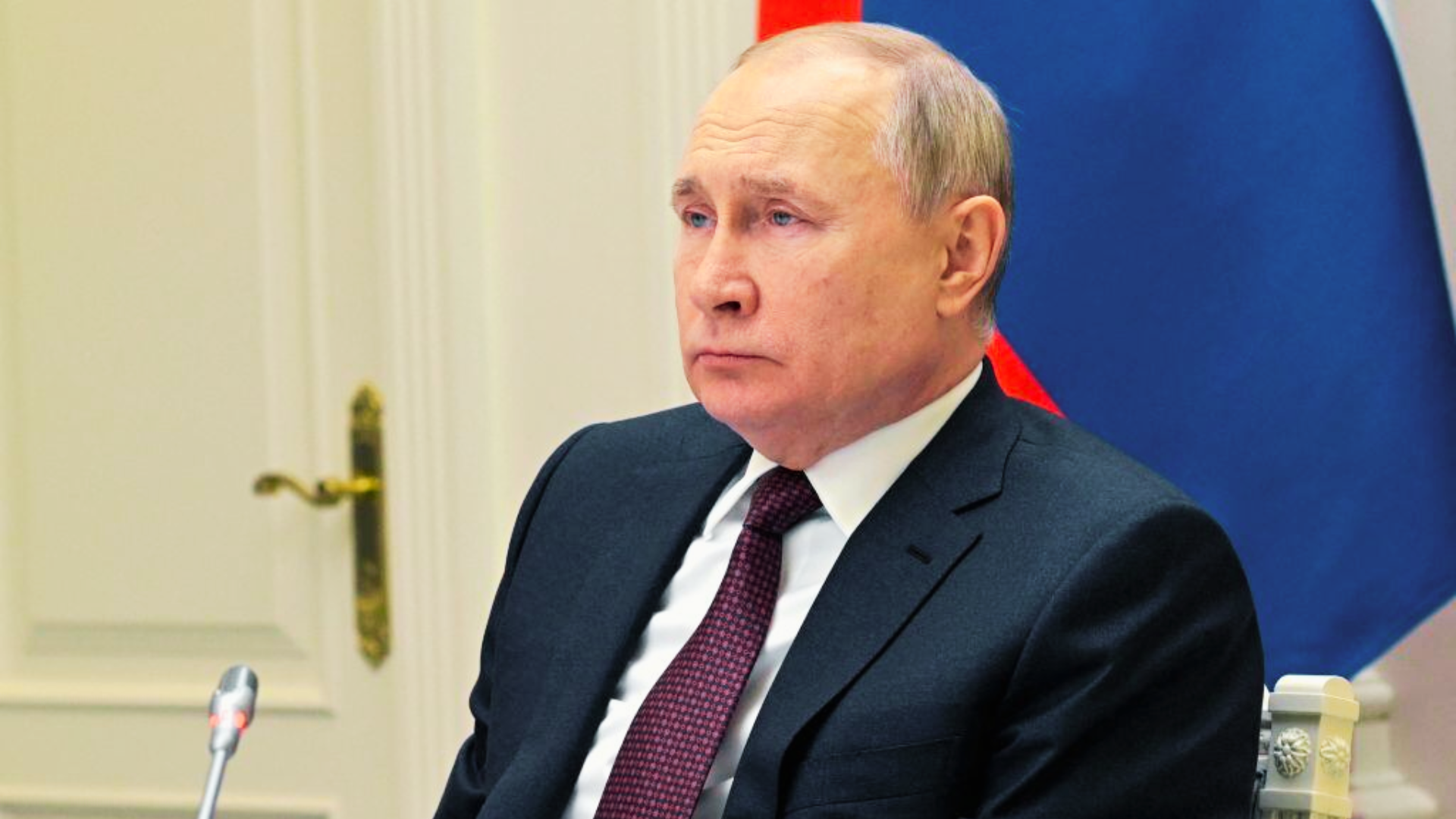Under the leadership of President Ferdinand Marcos Jr., the Philippines has taken a firm stance against Chinese expansionism in the South China Sea. Collaborating with the US, Japan, and now France for the first time, the Philippines is currently engaged in the Balikatan annual drills, a naval exercise aimed at bolstering regional security. In a symbolic move, the Philippines is using a defunct Chinese tanker for target practice during these drills. Additionally, the country has welcomed the arrival of the Typhon, a ground-launched US missile system with a range of 2,500 km, which will be utilized in logistical exercises during the three-week program, although it will not be launched.
Sharing is caring? Why NATO’s nuclear sharing strategy is dangerous
Poland’s president has announced that Warsaw is ready to host nukes from fellow NATO countries under the alliance’s nuclear sharing program to “reinforce” the bloc’s eastern flank.
▫️ Nuclear “sharing” allows… pic.twitter.com/T2McSsNIYr
— Sputnik (@SputnikInt) April 22, 2024
Meanwhile, Armenia has been strengthening its military capabilities by procuring India-made Astra missiles, delivery systems, and Pinaka Multi Barrel Rocket Launchers, along with artillery guns and ammunition. These acquisitions reflect Armenia’s efforts to enhance its defense capabilities amidst regional tensions.
In Eastern Europe, Poland has made headlines by expressing its readiness to host nuclear weapons of the North Atlantic Treaty Organization (NATO) if such a deployment is decided upon by the alliance. President Andrzej Duda’s announcement has sparked controversy, with Russian state media condemning NATO’s nuclear weapons policy as destabilizing and dangerous. Poland’s proximity to Ukraine and Belarus, both embroiled in geopolitical tensions with Russia, adds significance to the potential deployment of nuclear weapons in the country.
ALSO READ : Lok Sabha Elections 2024: Understanding Uncontested Elections, Process And Implications
President Duda emphasized that discussions about hosting nuclear weapons in Poland have been ongoing for some time, citing Russia’s increasing militarization of Kaliningrad and its relocation of nuclear weapons to Belarus as key factors driving Poland’s readiness for such a move. The Russian media, however, has criticized NATO’s nuclear sharing arrangements, highlighting differences in nuclear doctrines between Russia and the US. While Russia’s doctrine permits nuclear use only in response to a massive attack, the US policy allows for preemptive strikes, leading to heightened risks of global nuclear conflict, according to the report.
In response to Poland’s openness to hosting NATO’s nuclear weapons, the Kremlin has warned of “necessary retaliatory steps” to safeguard Russia’s security interests. Kremlin spokesperson Dmitry Peskov underscored that Russia would closely analyze the situation and take appropriate measures to ensure its safety if nuclear weapons were stationed in Poland.
The developments surrounding the Philippines’ naval exercises, Armenia’s military acquisitions, and Poland’s potential role in NATO’s nuclear strategy underscore the complex geopolitical dynamics shaping regional security in Asia and Eastern Europe. As tensions persist, the decisions and actions of key stakeholders will continue to influence the strategic landscape and international relations in these regions.















